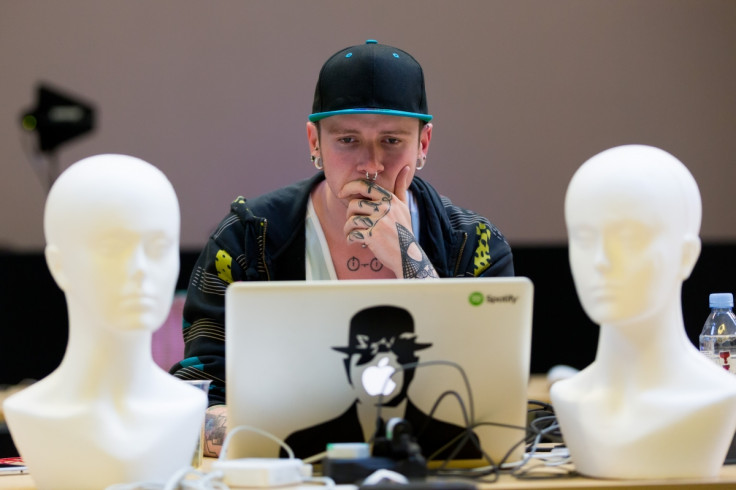Ai WeiWei Donates Sichuan Earthquake Dataset to 24-Hour London Hackathon
Chinese artist and political activist Ai Weiwei shared a unique dataset related to the 2008 Sichuan earthquake with dozens of artists taking part in a 24-hour hackathon as part of London Technology Week.
The unique dataset is a voice recording Ai Weiwei made of him bellowing the names of the 5,385 people killed in the 2008 Sichuan earthquake in China.
The hackathon was held in the iconic Turbine Hall in the Tate Modern gallery on London's Southbank on Saturday and Sunday, in what the organisers claim was the world's largest art hack.
Ai Weiwei said he was wanted to encourage the participants "to be ambitious, take risks and hopes that they will create a meaningful piece of digital art with the data set." It brought together over 140 artist and technologists to create projects with a brief to 'take any form of data and turn it into art'.
Mike McGee, co-founder and creative director at Framestore, the company responsible for the ground-breaking visuals in last year's huge hit Gravity, says the event was all about bringing two different disciplines together.
"Different communities can definitely learn from each other. In my company we are mixing artists with technicians with scientists. What you see this evening is a similar thing. Put their collective thinking together and you'll get some amazing solutions."
Research and develop

The winning project came from a team called $echo which was comprised of Guy Armitage, Ron Herrema, Gavin Clark, Marko Kirves. The winning project sought to challenge the way people perceive their security online by helping them hear and visualise the constant attacks on their presence and pushing them to question the ethical reasons behind these attacks, illustrating this with a data set donated by Ai Weiwei.
$echo, along with the two runners up (Perspective and The Glasshouse) will now be commissioned to research and develop their projects to the next stage.
In total 40 projects were created at the hackathon, with participants accessing a number of unusual data sets from Tate, Open Data Institute and the Guardian as well as Ai Weiwei dataset.
The shortlisted projects were judged on their use of data, most creative output and overall impact.
The event took place on the eve of the inaugural London Technology Week which mayor Boris Johnson hopes will help the capital become the tech capital of the world some day.
The hack also celebrated the launch of The Space - a new digital art platform co-funded by the BBC and the Art's Council - and it's first Open Call, encouraging anyone over 18-years-old from anywhere in the world to submit an original idea for digital technological art.
The Open Call will close on 11 July 2014 and will be the first in a series organised by The Space with the aim "to find new, outstanding talent and commission the most original work by artists from any art form, creative industry, cultural, technical or digital background which can then be commissioned into fully developed art works for The Space."
© Copyright IBTimes 2025. All rights reserved.




















